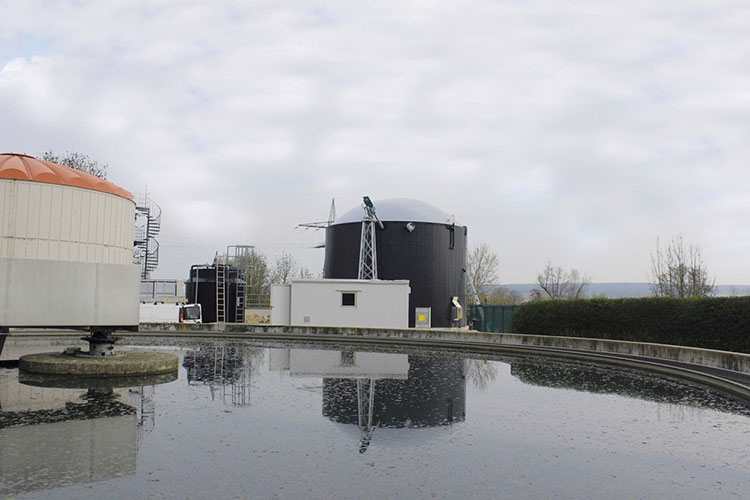

Nainital Embraces Traditional Water Conservation
A novel pyrolysis-based solution has been developed to address the issue of excess sludge from wastewater treatment and digestate from biogas production. These by-products are usually rich in phosphorous and are utilized as fertilizer in agriculture. Sometimes they also contain harmful PFAS.
Now Danish district heating company DIN Forsyning, operating 16 treatment plants across two local municipalities, handles approximately 22 million m3 of wastewater annually. The company says that within this process, 15,000 tons of phosphorus-rich sludge is generated, serving as valuable agricultural fertilizer due to its nutrient content.
However, there is a significant risk of environmental contamination, including PFAS, which can contribute to soil and groundwater pollution and increase CO2 emissions in agriculture.
Recognizing the importance of harnessing the positive attributes of sludge without adverse effects, DIN Forsyning has developed a groundbreaking plant. In a new development, through pyrolysis, the sludge is subjected to temperatures of 650°C, followed by combustion of resulting gases exceeding 1,000°C. Studies have demonstrated the breakdown of compounds like PFAS under such intense heat. Danish biomass and pyrolysis technology company, Dall Energy, will supply the innovative pyrolysis-based plant, supported by the Danish Energy Agency.
Jens Dall Bentzen, Managing Director of Dall Energy, commended on the new discovery that DIN Forsyning for their forward-thinking approach and utilization of pyrolysis technology, emphasizing its potential not only for wastewater sludge but also for carbon capture and utilization of excess fibers from biogas production.
Additionally, Kim Stenholdt Madsen, project manager and business developer at Din Forsynin, highlighted that besides wastewater sludge, the pyrolysis plant can utilize farm by-products as auxiliary fuel, increasing biofertilizer production and contributing to CO2 reduction in agriculture. Moreover, the plant will generate significant process heat, offering a sustainable alternative to fossil fuels for industrial and district heating purposes.
Reliance Industries Ltd (RIL) Chairman Mukesh Ambani has announced a massive ₹75,000 crore investment in…
Green-energy heavy-duty truck maker Blue Energy Motors has reached a remarkable milestone by surpassing 50…
India is on track to exceed its Nationally Determined Contribution (NDC) target of reducing the…
Raj Process Equipments and Systems Pvt Ltd, a Pune-based technology innovator and engineering conglomerate, is…
Europe’s renewable energy sector faces a potential slowdown, burdened by grid saturation, permitting delays, and…
Hexa Climate has announced the launch of a pioneering afforestation project in Purulia, West Bengal.…